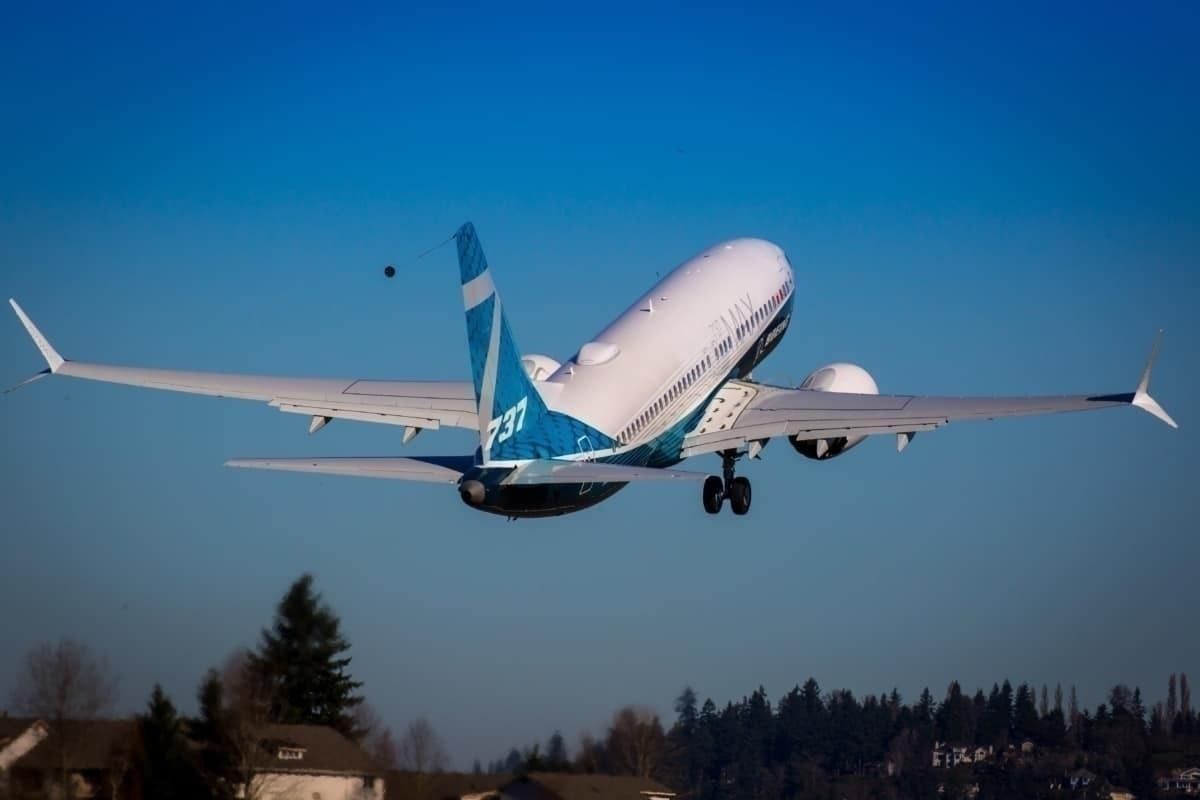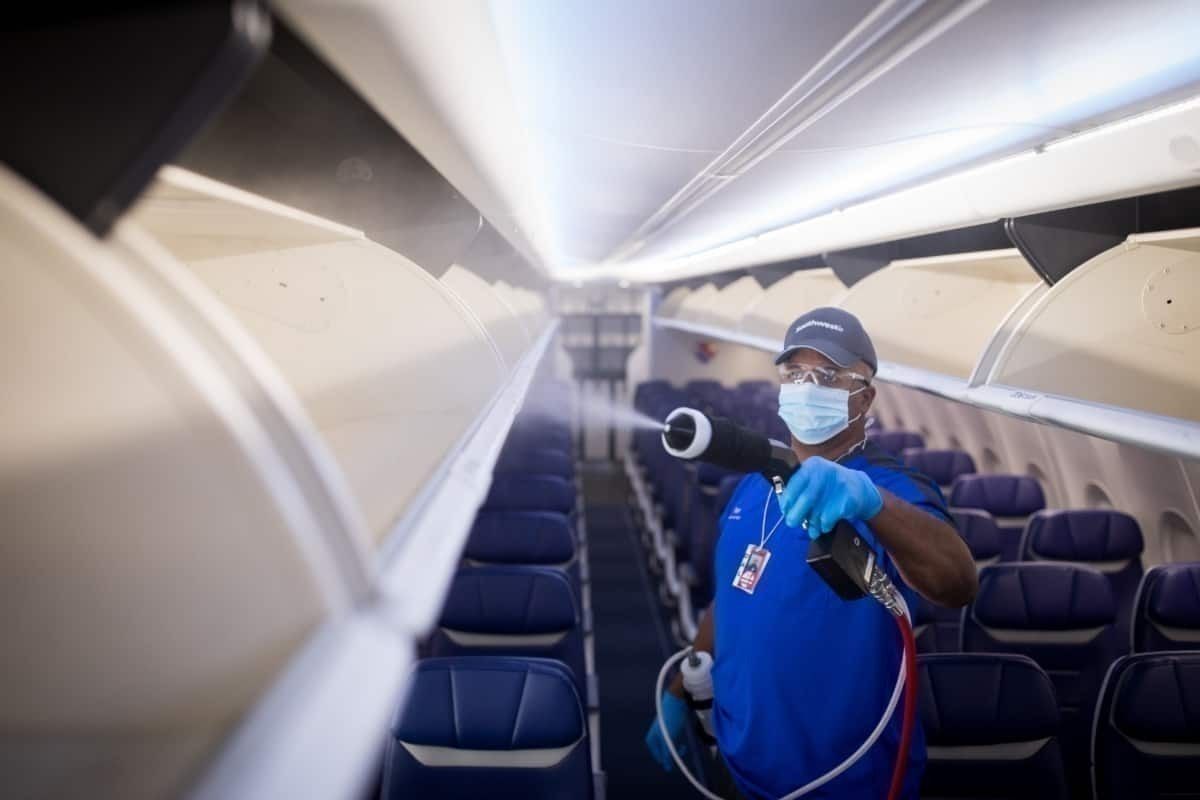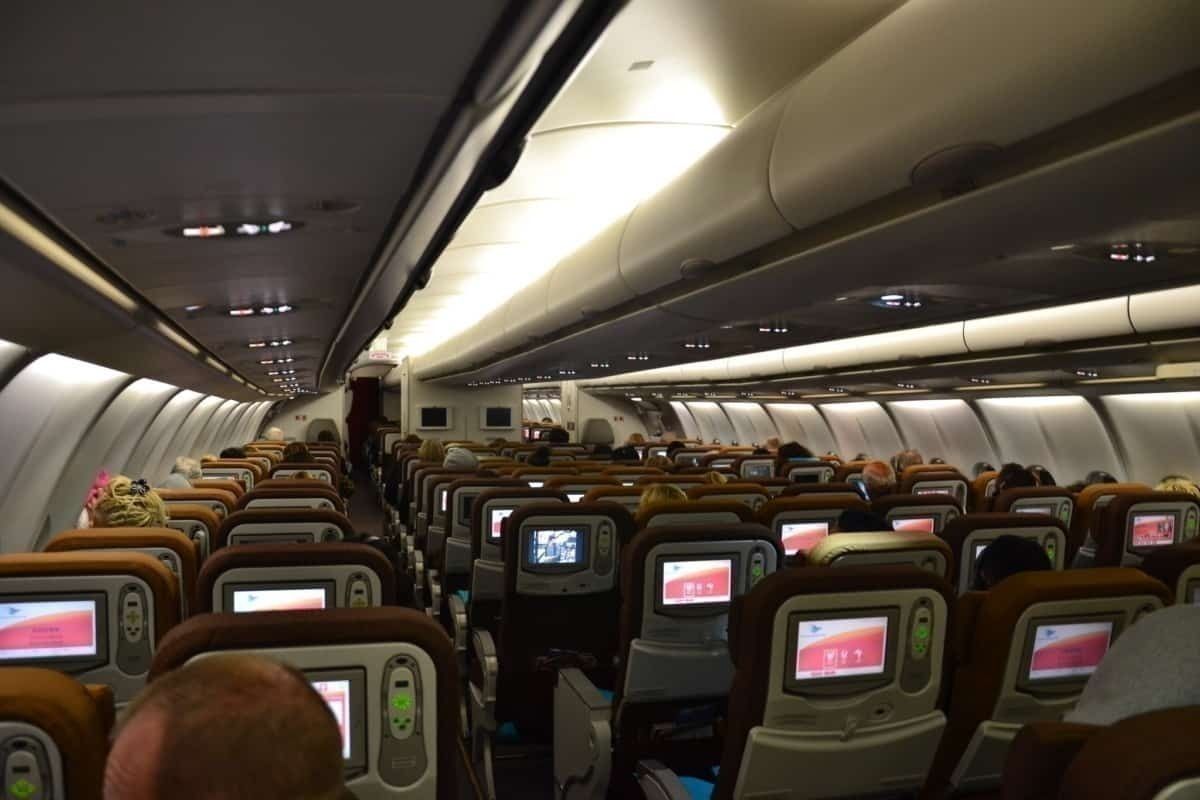In unsurprising news, Boeing wants to encourage people to take to the skies again. The embattled aircraft manufacturer yesterday launched its Confident Travel Initiative. Boeing has set up a work team and plans to work with its stakeholders to devise strategies to minimize health concerns surrounding flying and get people back in the air again.
"Air travel is coming back," said the newly installed Confident Travel Initiative boss, Boeing's Mike Delaney, in a statement.
"As that happens, we want passengers and crews to board Boeing airplanes without hesitation."
Strategies and solutions to minimize air travel health risks
According to Boeing, the Confident Travel Initiative will devise strategies and solutions to minimize air travel health risks. The team will also build awareness of current health safeguards.
"As air travel slowly begins to resume and restrictions ease around the globe, health and safety remain our top priorities for our teams who design, build and service the airplanes and all those who fly on them," said Boeing President and CEO David Calhoun.
Boeing highlights some effective operating systems such as the High-Efficiency Particulate Air (HEPA) filters that remove 99.9% of airborne particulates such as viruses, bacteria, and fungi from an aircraft's cabin.
COVID-19 isn't an airborne virus. However, plenty of unpleasant viruses are. The recent rise to prominence of non-airborne viruses has seen passenger attention zero in on aircraft cleaning. It's an area many past passengers will agree is sorely lacking.
Increased elbow grease from airlines when it comes to cabin cleaning
But airlines have recently upped their game when it comes to cabin cleaning. Boeing believes they can help with this. It can be as simple as pointing out what kind of disinfectants can be used in the cockpit without interfering with flight systems or as sophisticated as developing new ultraviolet light disinfecting systems and antimicrobial coatings for high-touch surfaces.
Boeing says they are up for it. Mr Delany said;
"Our commitment to ensuring the health of airline passengers and crews is unwavering. We're working with partners to enhance aircraft cleanliness procedures and identify other areas to further reduce the risk of airborne illness transmission."
It's a welcome initiative from Boeing. Well before the onset of COVID-19, long-suffering passengers had griped about the cleaning standards on many airlines. Cost-cutting and fast turnarounds mean many airlines barely run a cleaning rag over surfaces between sectors, and deep bio-cleans became increasingly rare.
Hygienic cabins will become the norm rather than an in-flight bonus
One of the few upsides of COVID-19 is a new focus on aircraft cabin health and hygiene. Going forward, it is something most passengers will expect rather than see as a welcome bonus, like getting an empty seat next to them.
It's also an area governments might pay more attention to in the future. As economies are trashed, and governments wear political opprobrium in the wake of COVID-19 spreading around the globe, politicians are looking at ways to minimize the risk of this kind of shutdown occurring again in the future.
In this era of mass travel, airlines and their in-flight cabin hygiene protocols and standards will become part of any future risk minimization equation.
Boeing knows this. Boeing also needs to help overcome resistance to flying at both individual and government level. More people flying mean more planes, and that means more business for Boeing. And Boeing needs all the business it can get.
So while this is a good initiative, it is also about Boeing caring about their bottom line as much as it is caring about you.



